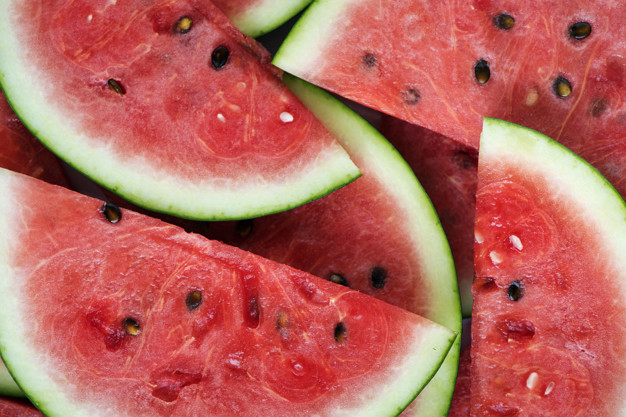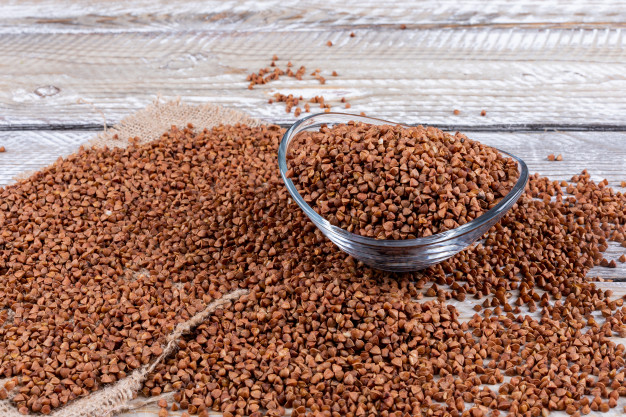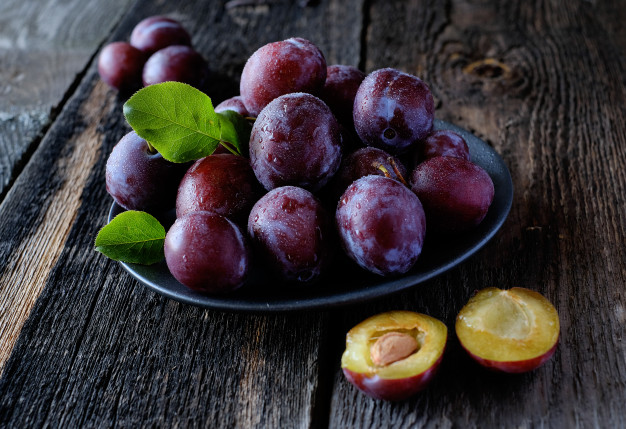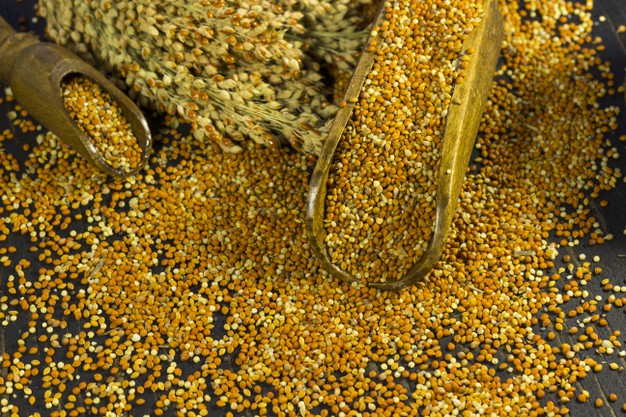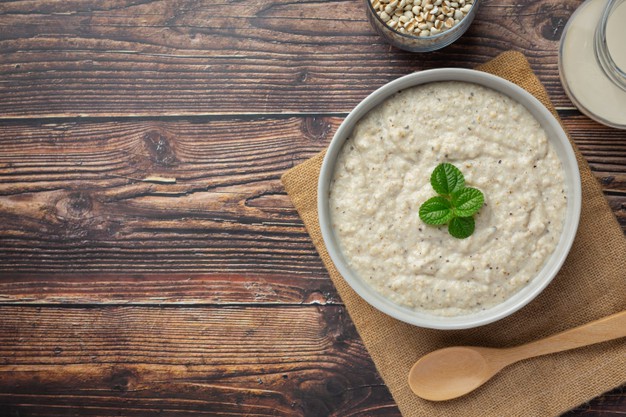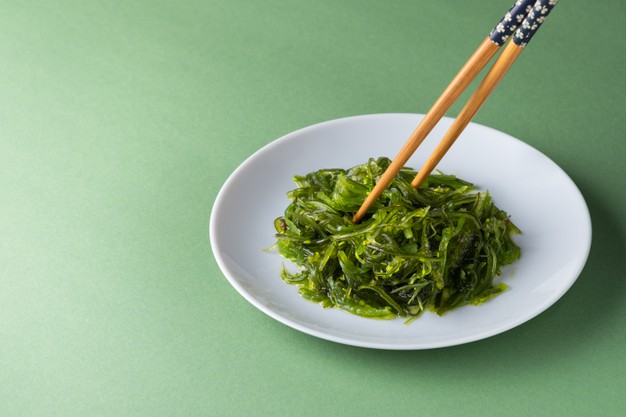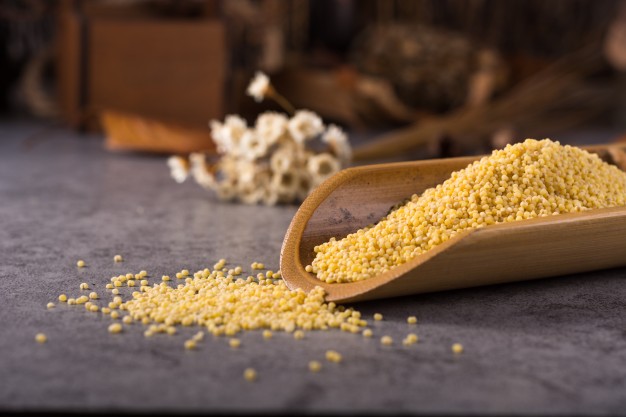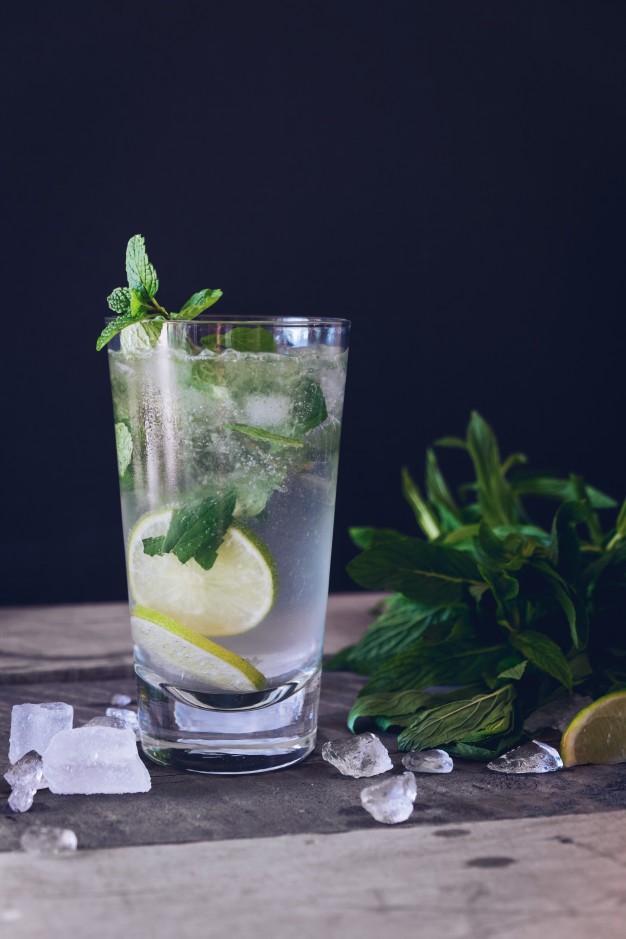Watermelon is a nutrient dense juicy fruit, belongs to Cucurbitaceae family. It contains numerous imperative nutrients and extensively used for cooling down the body during summer. It also offers several health benefits.
Some important information regarding watermelon
- It is believed that watermelon has its origin in South Africa
- It has seen that in ancient Egypt watermelon has been extensively used in burial tomb, where it was placed under burial tomb for providing proper nourishment to the tomb
- Generally it is found in diverse variety like bitter, bland and sweet
- The inner flesh of watermelon is generally sweet and has pink to deep red colour
- It contains various black seeds, which also offers profound health benefits

Nutritional profile
- It is a perishable food as it contains about 90% moisture
- It contributes very less amount of calorie on its oxidation thus it is considered as low calorie fruit
- It also contains less amount of carbohydrate. Basically starch, dietary fibre and sugar are found in watermelon as carbohydrate
- It contains trace amount of protein
- It contains negligible amount of fat as well
- It contains several vitamins like Vitamin A, Vitamin C, Vitamin E, Vitamin B1, B2, B3, B5, B6 and B9
- Potassium, calcium, magnesium, manganese, iron and zinc are the main trace elements found in watermelon
- It contains numerous phytonutrients, which include lycopene, crypto-xanthin-beta, carotene-alpha, zeaxanthin and lutein

Health benefits
Role on hydrating the body
- Its high moisture content is responsible for protecting the body from dehydration
- Consumption of watermelon is very helpful for preventing mouth dryness as it helps to hydrate the body
- Staying hydrated is very much important for obtaining a good health status as it helps to clean the body by stimulating toxin elimination
- It also helps to cool the body and prevents heat strokes
Anti-inflammatory activity
- Lycopene component of watermelon plays imperative role in preventing inflammation
- It is related with decreasing the concentration of pro-inflammatory mediators in body that helps to delay the onset of inflammatory events
Anti-carcinogenic activity
- Its lycopene and micronutrients contents are responsible for exerting anti-carcinogenic effects, which help to protect the body from the harmful effects of carcinogens
- It is very effective for reducing the prevalence of prostate cancer
Antioxidant activity
- Vitamin A, Vitamin C and lycopene components of watermelon act as strong antioxidant
- It helps to reduce the concentration of free radicals in body and decreases oxidative stress thus helps to reduces the risk of developing chronic diseases

Role on renal health
- Individuals who suffer from chronic kidney disease should consume low potassium food as the kidney becomes unable to remove excess potassium from blood. Watermelon is considered as one of the best option as it contains desirable amount of potassium, which is suitable for them
- Its potassium as well as calcium components are responsible for flushing out toxins from body
- Consumption of watermelon (at least one glass of watermelon juice per day) is very effective for improving the health as well as functionality of kidney
Role on digestive health
- Consumption of watermelon is very effective for promoting digestion as it contains enough moisture
- Its fibre content is also responsible for preventing constipation as it helps to enhance bowel movement
Role on immunity
- Its micronutrient components are accountable for enhancing the immunological responses of the body
- Vitamin A and Vitamin C found in watermelon are closely related with strengthening the overall immune system
- Vitamin B6 present in watermelon helps to stimulate the synthesis of antibodies thus its consumption is extremely beneficial for reducing the susceptibility of infectious disease

Role on skeletal health
- Vitamin A and Vitamin C of watermelon play significant role in stimulating the growth and development of bones
- Lycopene of watermelon is related with improving the symptom of osteoporosis
- It has also seen that consumption of watermelon helps to decrease the prevalence of bone fractures
Role on skin
- Watermelon helps to hydrate the skin and also helps to provide proper nourishment that ultimately helps to promote skin health and also prevents flaky and dull appearance of skin
- Its Vitamin C content plays significant role in promoting the synthesis of collagen that helps to improve skin elasticity
- Lycopene and beta-carotene found in watermelon are responsible for protecting the skin from sun burn
- Vitamin A of watermelon plays significant role in resynthesizing new skin cell, which helps in repairing any kind of skin damages
- It has seen that consumption of watermelon significantly reduces the prevalence of vitiligo and psoriasis
Role on hair
- It helps to promote hair growth and also helps to strengthen the hair
- It helps to reduce hair fall as well
Other benefits
- It helps to prevent obesity as well
- Pregnant women should consume watermelon during their gestation as it is associated with preventing various pregnancy related complications like morning sickness, vomiting, heart burn, muscle cramping etc

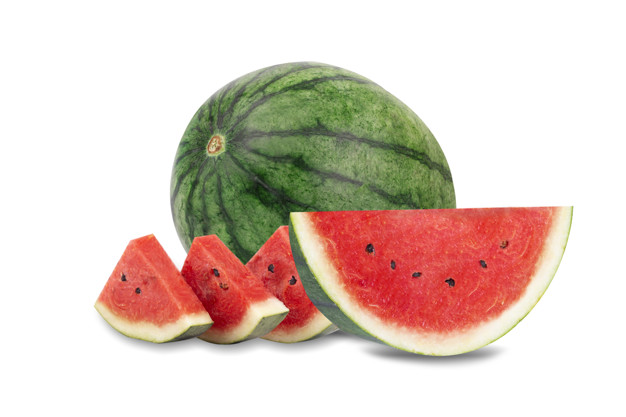
Disease preventive role of watermelon
Diabetes mellitus
- Diabetic patients can easily include watermelon in their diet as it has low glycemic load
- It plays significant role in enhancing the mass of brown adipose tissue whereas decreases white fat mass that eventually helps to treat diabetes mellitus
Cardiovascular disease
- Consumption of watermelon is extremely helpful for preventing cardiovascular diseases as it is associated with halting the accumulation of bad cholesterol within body hence helps to reduce the occurrence of atherosclerosis
- Citrulline component of watermelon also plays imperative role in preventing arterial stiffness by reducing the prevalence of plaque formation within artery thus helps to decrease the prevalence of coronary artery disease
Hypertension
- Citrulline component of watermelon is responsible for synthesizing arginine, which is accountable for maintaining a healthy blood pressure
- Its potassium content also plays important role in reducing hypertension
- It exerts vasodilatory property that also helps to reduce hypertension
Muscle soreness
- Watermelon contains significant amount of electrolytes and citrulline (a protein) that helps to prevent muscle soreness thus it is better to consume watermelon after strenuous exercise
- Citrulline present in watermelon is responsible for reducing muscle fatigue
- It is also associated with removing lactic acid from muscle, which is considered as another important feature accountable for relieving muscle soreness

Asthma
- Antioxidant and anti-inflammatory activities of watermelon are considered as the key feature that helps to prevent asthma
- It also helps in easy breathing
Sexual problems
- It helps to prevent erectile dysfunction by relaxing and dilating the blood vessels in penis
- It acts as natural viagra as well that helps to promote sexual desire
Gum disorders
- Vitamin C component of watermelon helps to promote gum health
- It is also associated with preventing the growth of microbes, which are responsible for oral infection
- It helps to prevent gingivitis as well as bleeding gum
Macular degeneration
- Consumption of watermelon helps to decrease the prevalence of age related macular degeneration and helps to promote vision as well
- It contains significant amount of lycopene and Vitamin A, which help to protect the eye especially the eye lens from oxidative damages thus improves the symptoms of macular degeneration
Risk factors

Excessive consumption of watermelon is responsible for developing various health complications like gastrointestinal disturbances, allergic reaction and hyperkalemia.
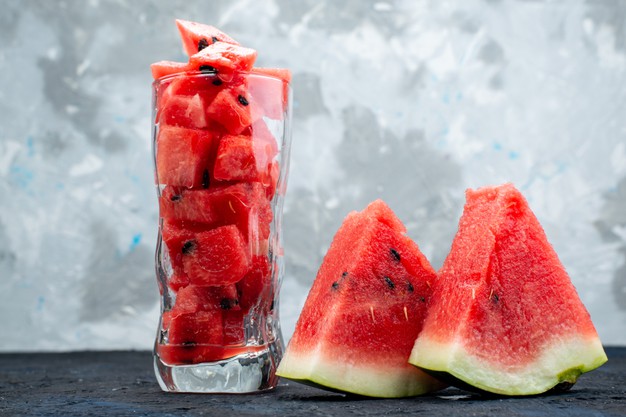
Source:
Ben-Nun, L., HEALTH EFFECTS OF WATERMELON.
Joy, L., Bahadur, V. and Sreekumar, G., NUTRITION HEALTH BENEFITS AND ECONOMICS OF WATERMELON.
Manivannan, A., Lee, E.S., Han, K., Lee, H.E. and Kim, D.S., 2020. Versatile Nutraceutical Potentials of Watermelon—A Modest Fruit Loaded with Pharmaceutically Valuable Phytochemicals. Molecules, 25(22), p.5258.
Maoto, M.M., Beswa, D. and Jideani, A.I., 2019. Watermelon as a potential fruit snack. International Journal of food properties, 22(1), pp.355-370.
Nayik, G.A. and Muzaffar, K., 2020. Watermelon. Antioxidants in Fruits: Properties and Health Benefits, pp.333-364.
Naz, A., Butt, M.S., Sultan, M.T., Qayyum, M.M.N. and Niaz, R.S., 2014. Watermelon lycopene and allied health claims. EXCLI journal, 13, p.650.
Tița, B.O.G.D.A.N. and Statti, G.A., 2020. Nutraceutical properties and health-promoting biological activities of fruits of watermelon cultivars with different origins. Farmacia, 68, p.4.
